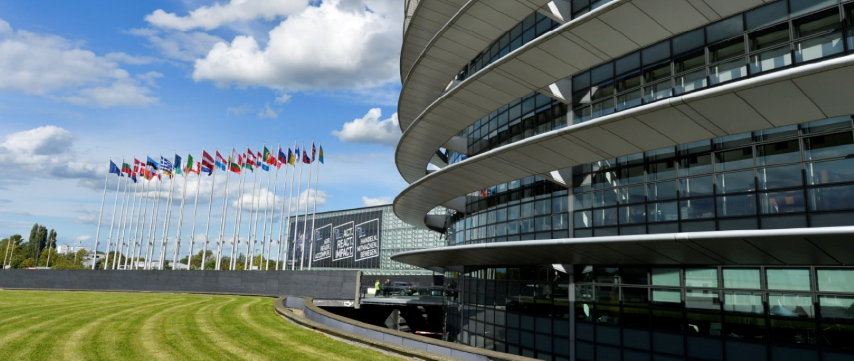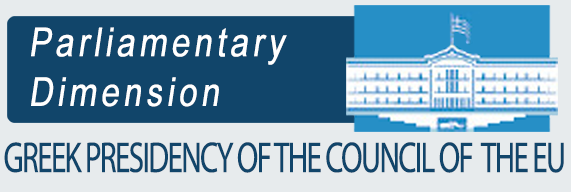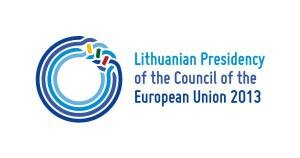Languages
| At a Glance |  |
- EU facts and figures: basic facts and figures on the EU institutions, the Member Countries and the EU economy
- The EU in slides: illustrated slides about the EU, its history, what it does and how it works
- EU symbols: the flag, the anthem, the motto, Europe Day
- Your Europe for help and advice on your rights to live, work and study in the EU, including: travel, work & retirement, vehicles, residence formalities, education & youth, family, Health, Consumer Rights and Doing Business in Europe. Check out Your Europe Advice portal for information on how you can exercise your EU rights.
- Do you have any questions about the EU? Check out the Europe Direct portal where you can contact the Europe Direct central information service by phone or e-mail or discover the nearest Europe Direct Information Centre in your country.
- Teachers’ corner: teaching material about the EU
- Kid’s corner: EU games and quizzes
Eurojargon
Eurogroup? Ecofin? ESM? EFSM? CAP? Schengen? Europe 2020?
Our everyday life is filled with terms, words and expressions which have sprung from the EU and its policies. A particular kind of “language”, also known as “Eurojargon”, has developed that is used by people working or dealing with EU affairs, in an effort to cope with the size and complexity of the EU’s political and administrative system.
However, “Eurojargon” can be quite confusing for most people outside EU institutions and bodies. This is why the European Commission provides a helpful plain language guide to explain to the general public the language used in the EU. They also provide a glossary to explain more technical or legal terms, or jargon used in only one language.
Europe: From War to Peace
(video produced on the occasion of the EU being awarded the 2012 Nobel Peace Prize, source: Council of the EU)





